Tragic Loss: Farmer’s Death Linked to Inheritance Tax Changes
In the early hours of the morning, Jonathan Charlesworth received a call from his uncle, unable to reach Charlesworth’s father, a situation that was unusual for the two brothers who regularly engaged in their 7am virtual Scrabble games. On October 29 of last year, however, the retired farmer did not join the match.
Charlesworth, 47, initially felt no concern. He watched his children playing in the barn and nearly called out for them to “find Grandpa.” “For some reason, I didn’t — and I’m so glad,” he reminisced. “Instead, I walked around back and saw him hanging.”
On the eve of Rachel Reeves’ announcement regarding modifications to inheritance tax for farmers in her autumn financial statement, John Charlesworth, who preferred to go by his middle name, Philip, tragically took his life. He was 78 years old at the time of his death on Bank House Farm in Silkstone, near Barnsley, a property he had inhabited since the age of 11 and inherited from his father, also named John.
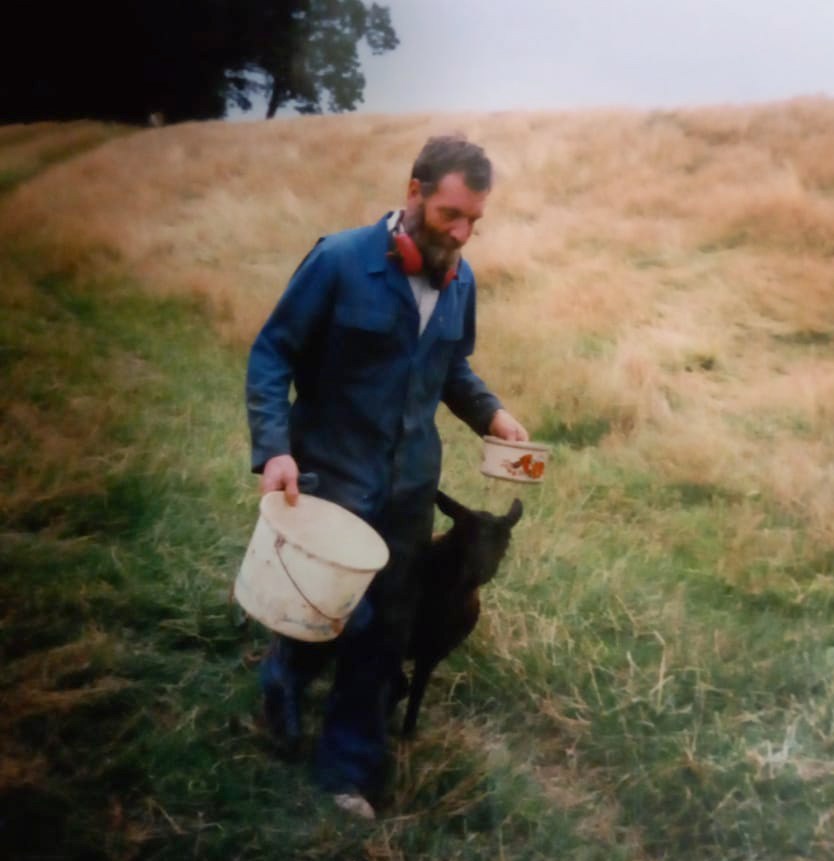
His son believes the timing of his father’s death is significant — a conclusion echoed by a coroner last week, who noted that Charlesworth was overwhelmed by concerns regarding the potential consequences of the proposed inheritance tax adjustments. In the lead-up to the budget announcement, media reports indicated the chancellor might target landowners by limiting tax relief on agricultural and business properties, but full details would not be revealed until October 30.
“There was so much discussion, but no concrete information,” Charlesworth explained. “We didn’t know when the changes would take effect. We were in the dark about the thresholds and potential impacts. Every farmer was anxious, but my dad was particularly distressed. It consumed our conversations.”
“He must have been so stressed about it that the day before the budget, he took his own life. He convinced himself that if these changes were implemented, we were doomed. He thought he could outsmart it,” he continued.
Philip, who enjoyed bell-ringing on Sundays and sharing farming knowledge with his grandchildren, had no known mental health issues, although he had recently been the primary caregiver for his wife, who was battling severe dementia and cancer. In his final letter, he left a short note alongside calculations regarding the farm’s finances.
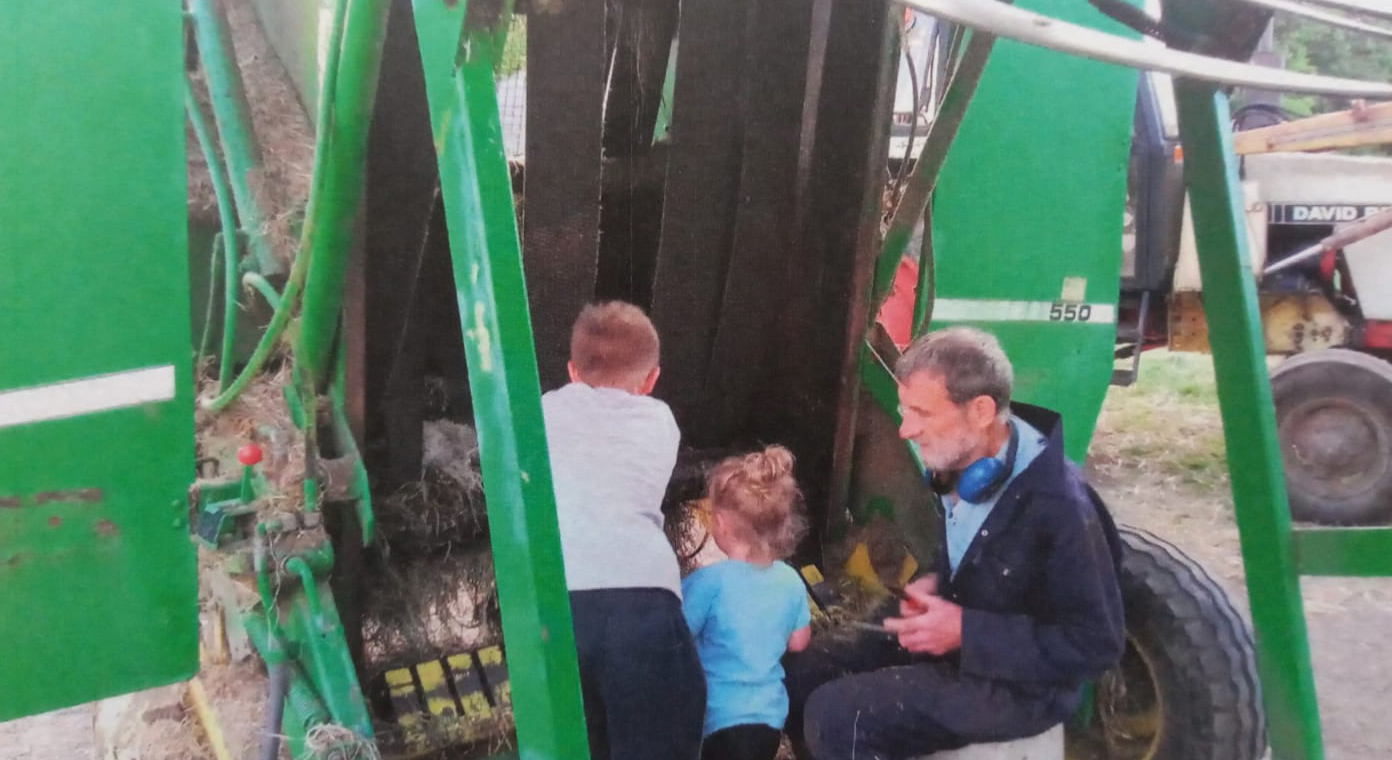
While sitting in the farmhouse kitchen, mere steps away from where he discovered his father, Charlesworth spent weeks grappling with the situation, feeling as though he were trapped in a nightmare. “I kept blaming myself for not noticing the signs, for not talking him out of it,” he said. “But my dad was steadfast. Once he made up his mind, there was no changing it.”
Ultimately, the adjustments to inheritance tax relief were less severe than the family had anticipated: properties valued under £1 million were exempt, and the tax on values exceeding that was capped at 20% instead of the typical 40%. Nevertheless, Charlesworth, who tended to cattle and sheep on his 75-acre farm, estimated that the new policies would still result in a financial burden of up to £200,000 for his family.
For someone like Charlesworth, who calculated he paid himself about £5 an hour, finding an additional £200,000 was a daunting prospect. The farm had only remained viable thanks to a campsite established during the pandemic. “The average farm size is typically three to four times ours, and they will face significant challenges,” he noted.
Charlesworth emphasized that farmers feel targeted. “There is an argument for an inheritance tax on land since some use it as a loophole, but those are not real farmers. For us, this land is our workplace. Others will likely relocate their assets to more tax-friendly locales,” he stated.
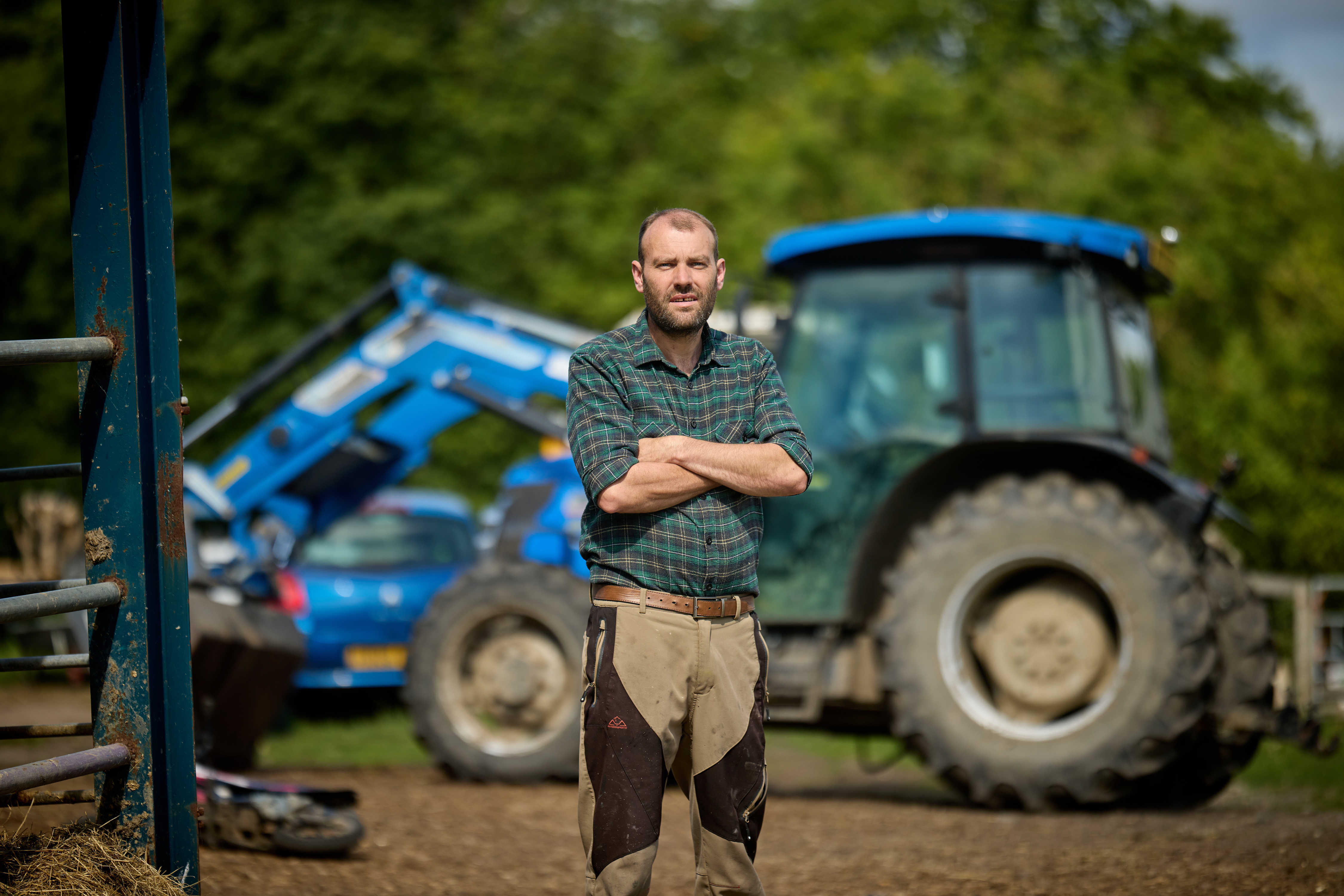
Any property transferred more than seven years before death escapes inheritance tax. Charlesworth urges the government to “at least” delay the implementation of the new regulations for landowners, providing farming families the necessary time to reallocate their assets. He fears that, without this reprieve, others may face the same devastating decision as his father.
Darren Millar, leader of the Welsh Conservatives, highlighted the case of a farmer who declined cancer treatment due to deep concerns surrounding the inheritance tax changes, expressing a desire to pass on his land before the new rules took effect next April.
“If you have farmers in their eighties or nineties, or those with health issues unsure of their longevity, they may feel they cannot afford to wait,” Charlesworth said. “If Labour fails to postpone the date, March next year could turn into a tragic month for farmers.”
The government issued a statement expressing condolences to Mr. Charlesworth’s family.
For confidential support, individuals can reach out to the Samaritans by calling 116 123 or visiting samaritans.org
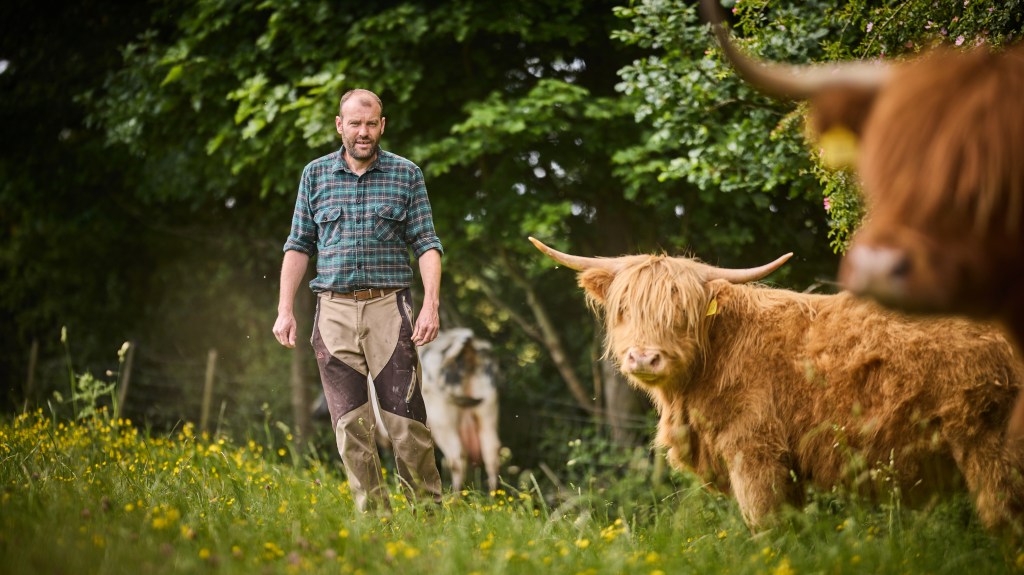

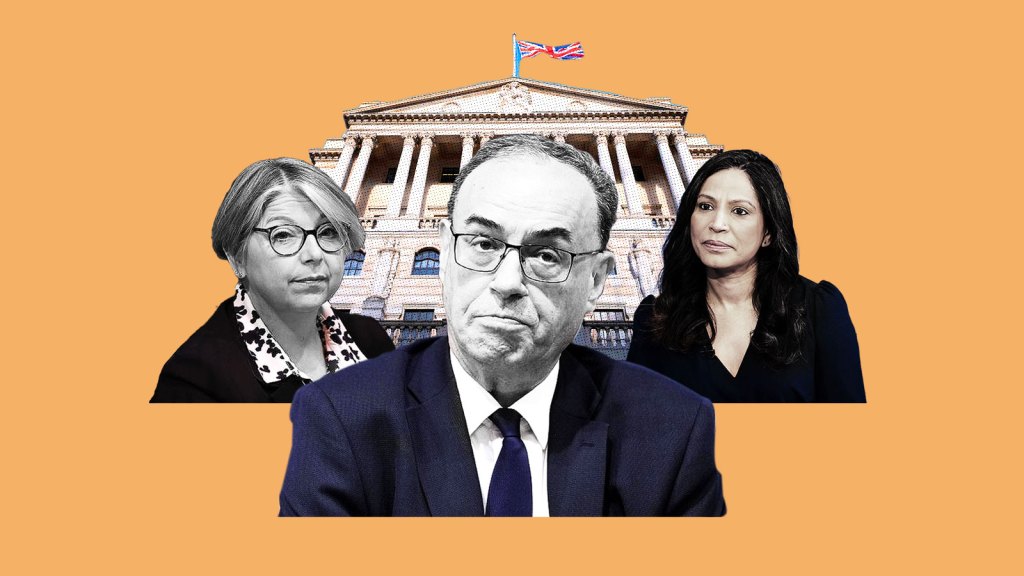

Post Comment